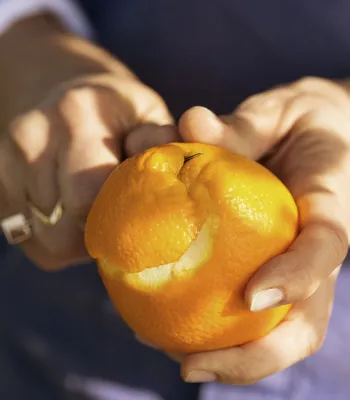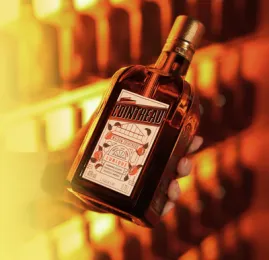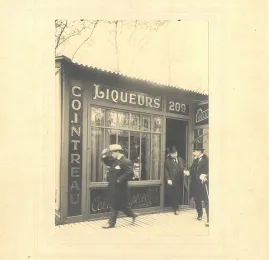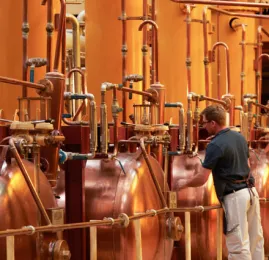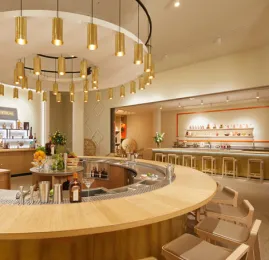In creating his renowned liqueur, Édouard Cointreau developed an absolute expertise in orange, revealed in all its subtlety. “In the four corners of the world,” according to the expression dear to Édouard Cointreau, the taste and aromatic qualities of the orange peel continue to shine thanks to the authenticity, balance, and richness of Cointreau liqueur.
- Cointreau US
- Discover Cointreau
- Terroir
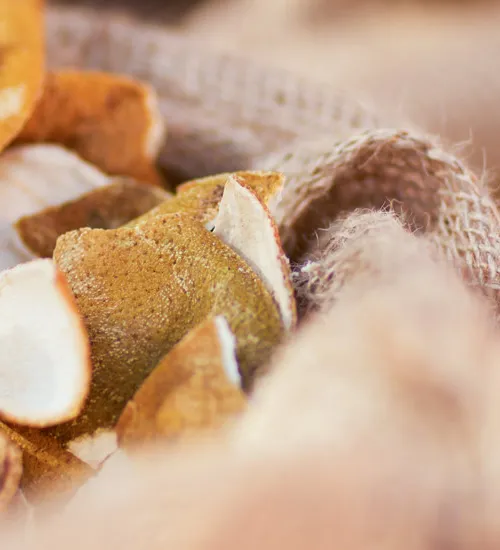
Terroir
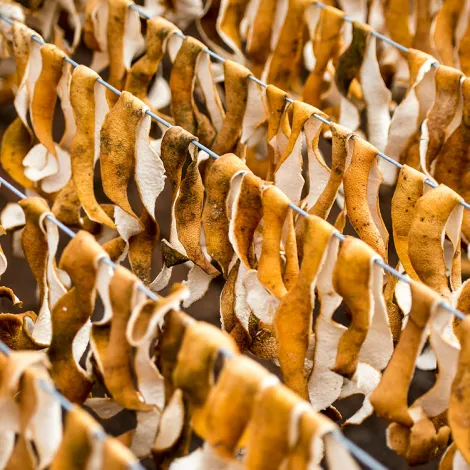
Sweet Orange
Sweet orange peels and essences give to Cointreau their juicy, fruity orange aromatic notes, as well as a bit of floral such as orange blossom, rose, and lavender.
The sweet orange (Citrus sinensis) peels and essences used in Cointreau come from the Sevilla region in Spain, Ghana, Senegal, and Brazil. The major varieties are Cadenera, Salustiana, Pera, Late Valencia, Sweet Mediterranean, Washington, and a local Ghanaian variety.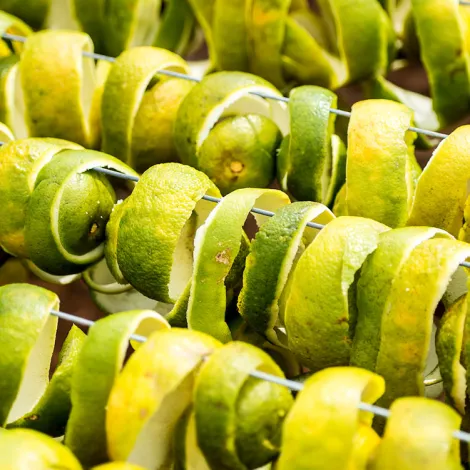
Bitter Orange
Bitter orange peels and essences give Cointreau a layered bouquet: initially fresh like min or very zesty lime, then spicy bergamot, and finally pepper and cardamom notes.
Bitter orange peels and essences (Citrus auriantium ssp bigaradia), better known as Bigarade oranges today, come from Brazil and Tunisia. This orange’s leaf and flowers are also appreciated by the great “nez” of perfumery.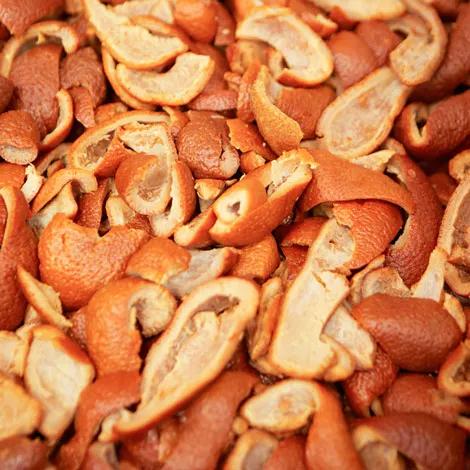
Macerated Orange
Fresh sweet peels are macerated in a hydro-alcoholic solution for several weeks before their distillation in order to release their best aromas.
The Art of Selection
THE ORANGE ROUTE
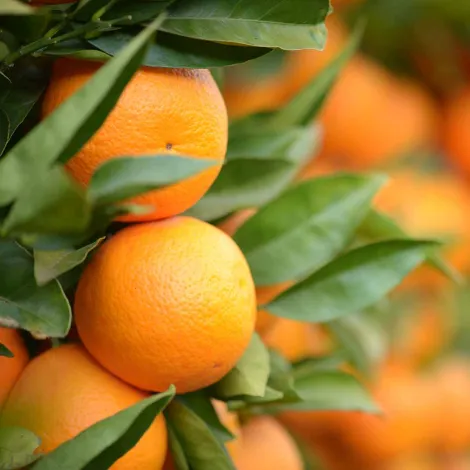
Gathering
From one year to the next, orange peel quality varies based on climate, sun exposure, and soil. Master Distiller Carole Quinton builds close relationships with growers around the world and ensures extremely rigorous standards are implemented. Planting, flowering, pruning, treating, watering, picking, peeling, drying... Orchard management and harvesting is second nature to her. She then carries out an unforgiving selection, keeping only the finest peels and discarding the rest.
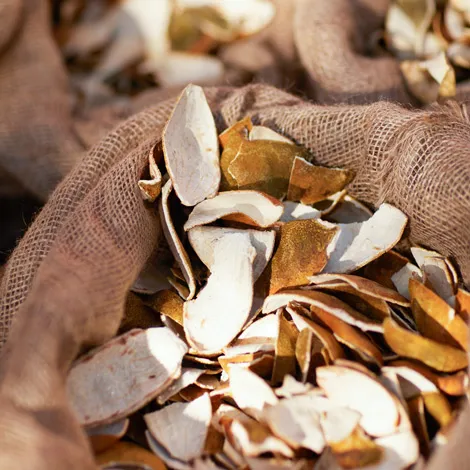
Drying
Precise drying conditions are also a critical step. After being pared by hand, the peels are then naturally sun dried for three to five days, depending on the characteristics of the crop and the climate, until they reach a moisture content of 11%.
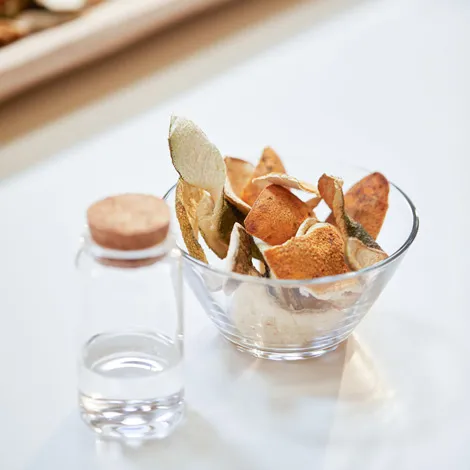
Assembly
Once the peels have dried, the Master Distiller defines the proportions needed to obtain the perfect aromatic balance, the one created by Édouard Cointreau in 1885 and only known by the Master Distiller today.
